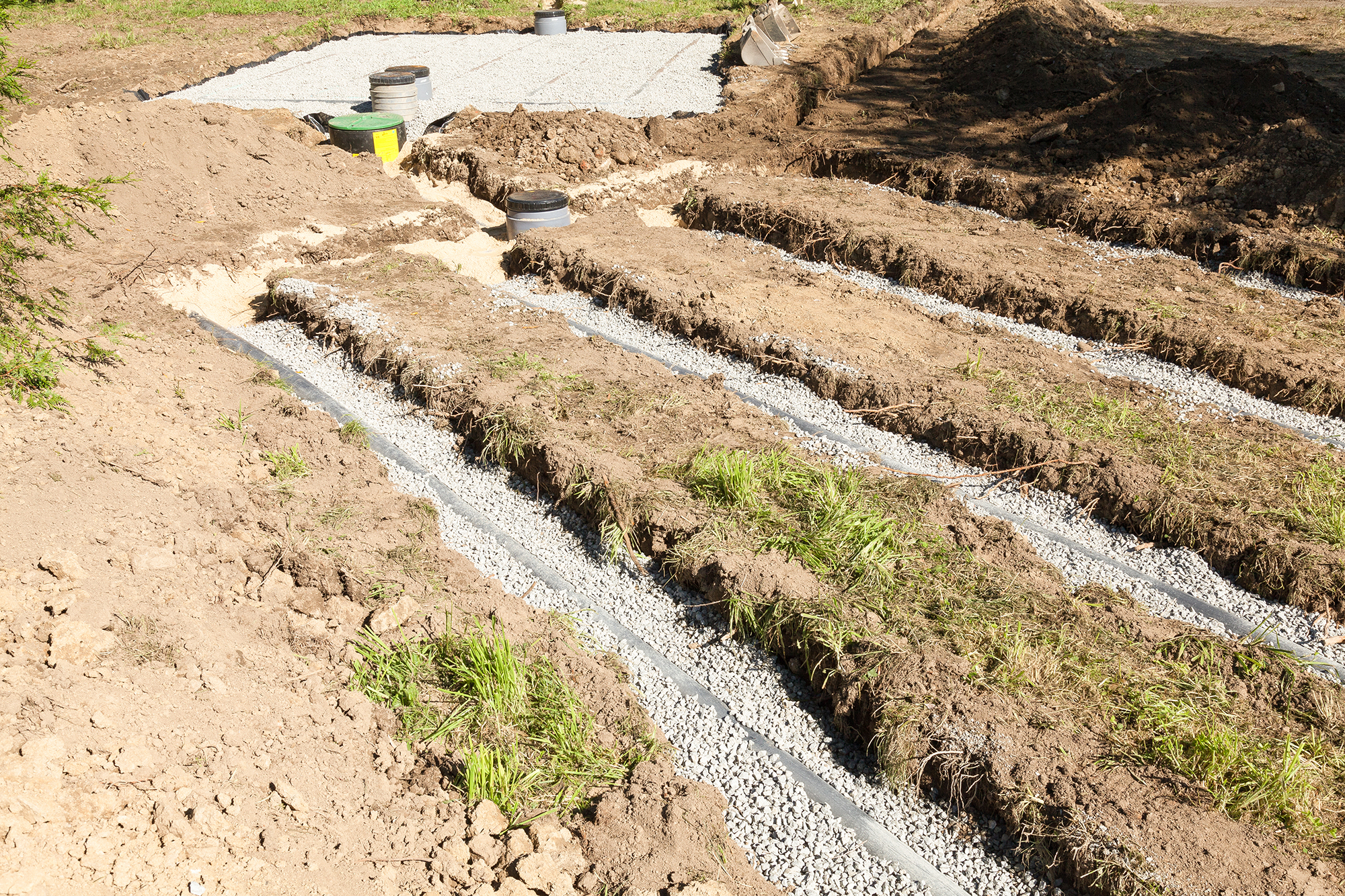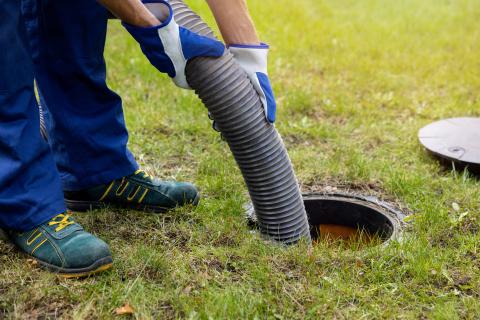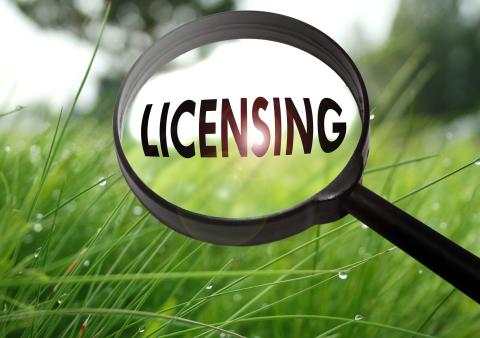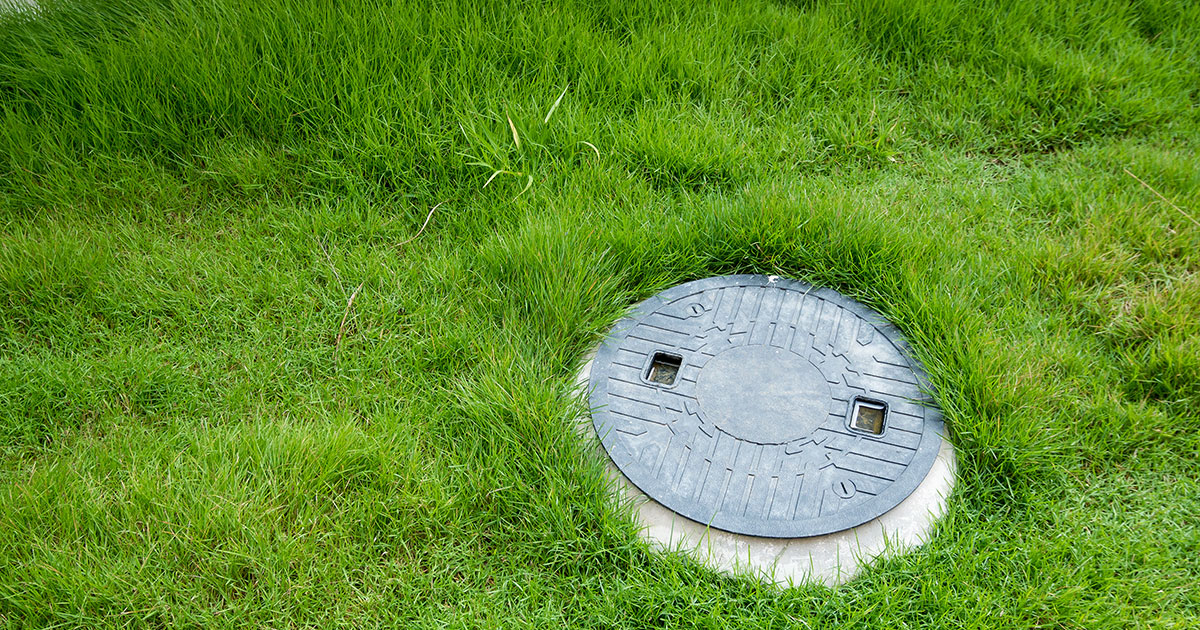Licensing for Septic System Installers
Tiered Installer Licensure

Transition to Tiered Licensure
Effective July 1, 2022, all installers licensed as master contractors with the Department became Tier 3 installers. Installers who were licensed but not as master contractors became Tier 2 installers.




 Looking to purchase land for your new home? Call your local government to determine water and sewer availability.
Looking to purchase land for your new home? Call your local government to determine water and sewer availability.